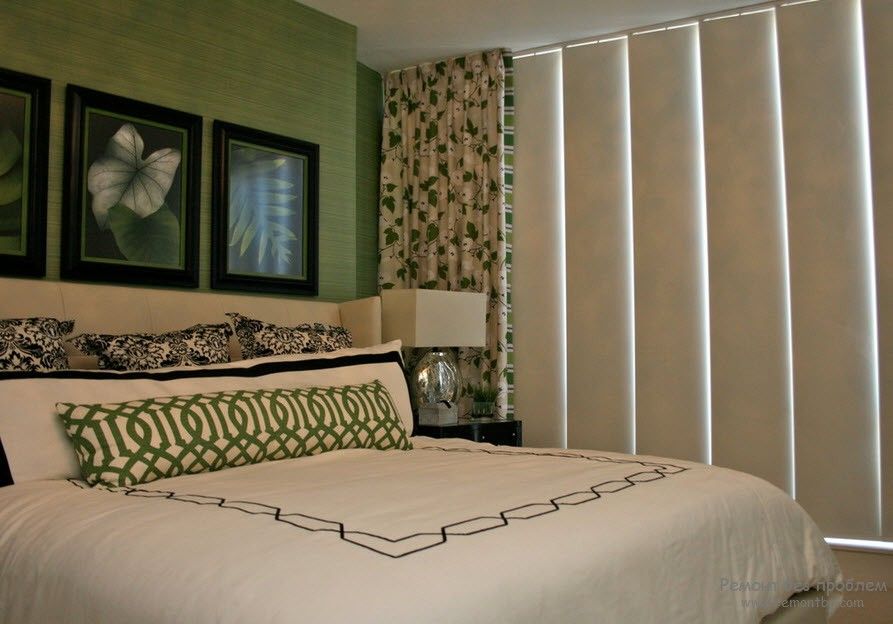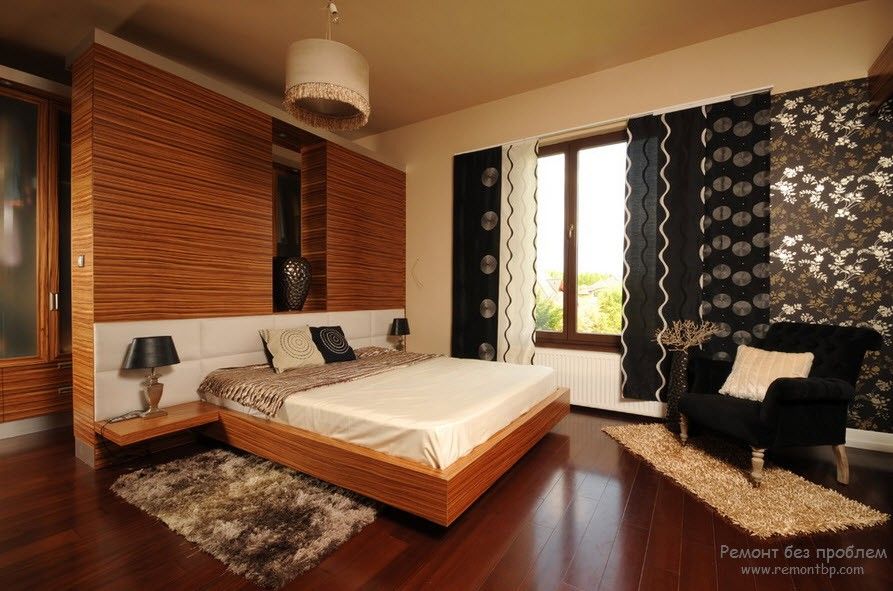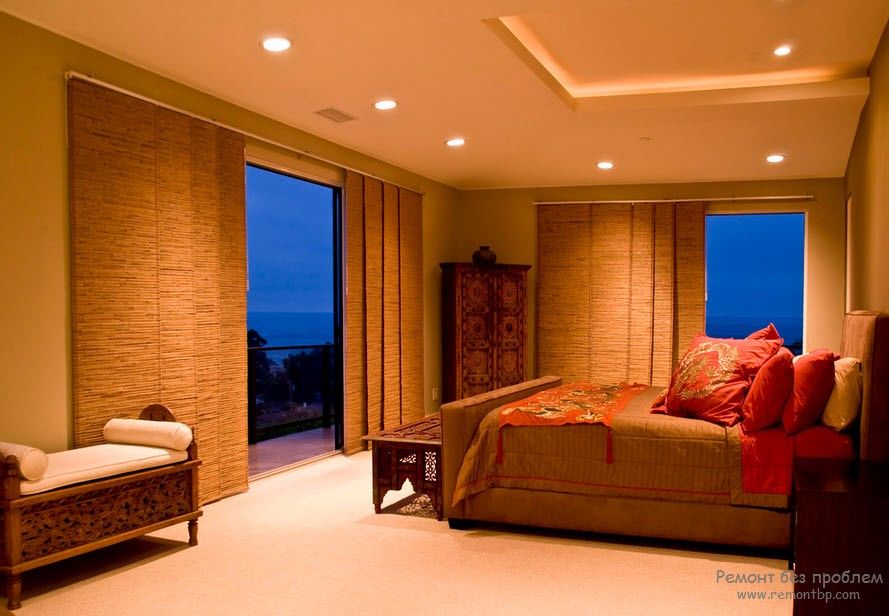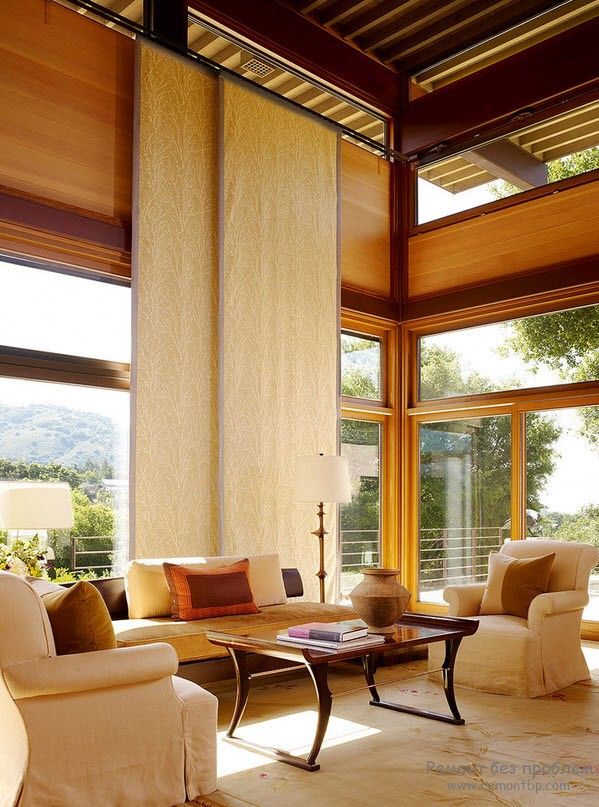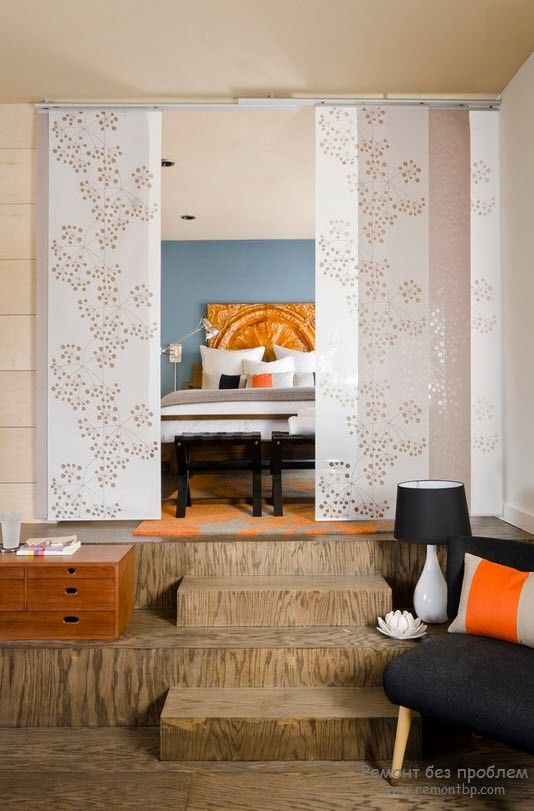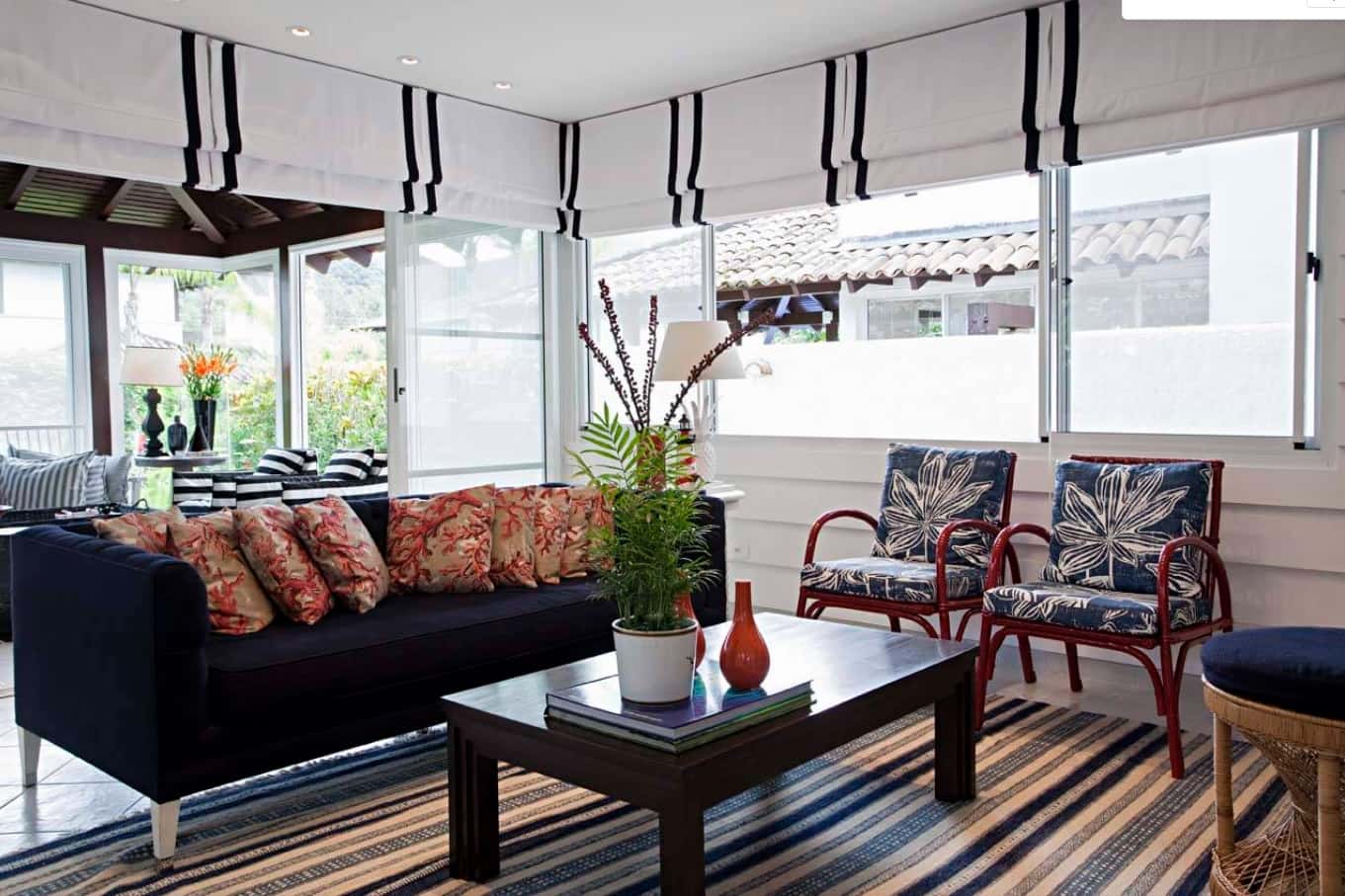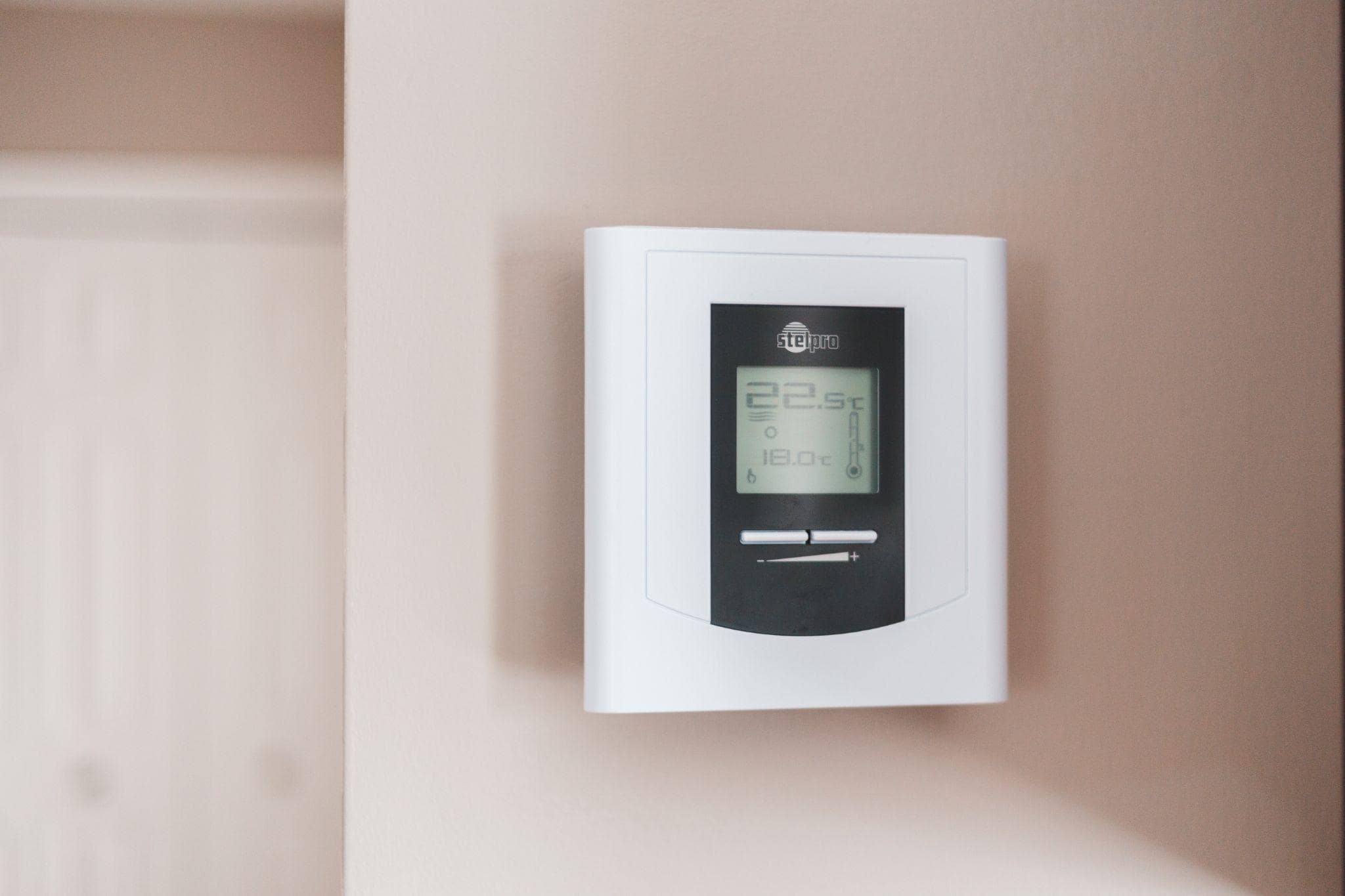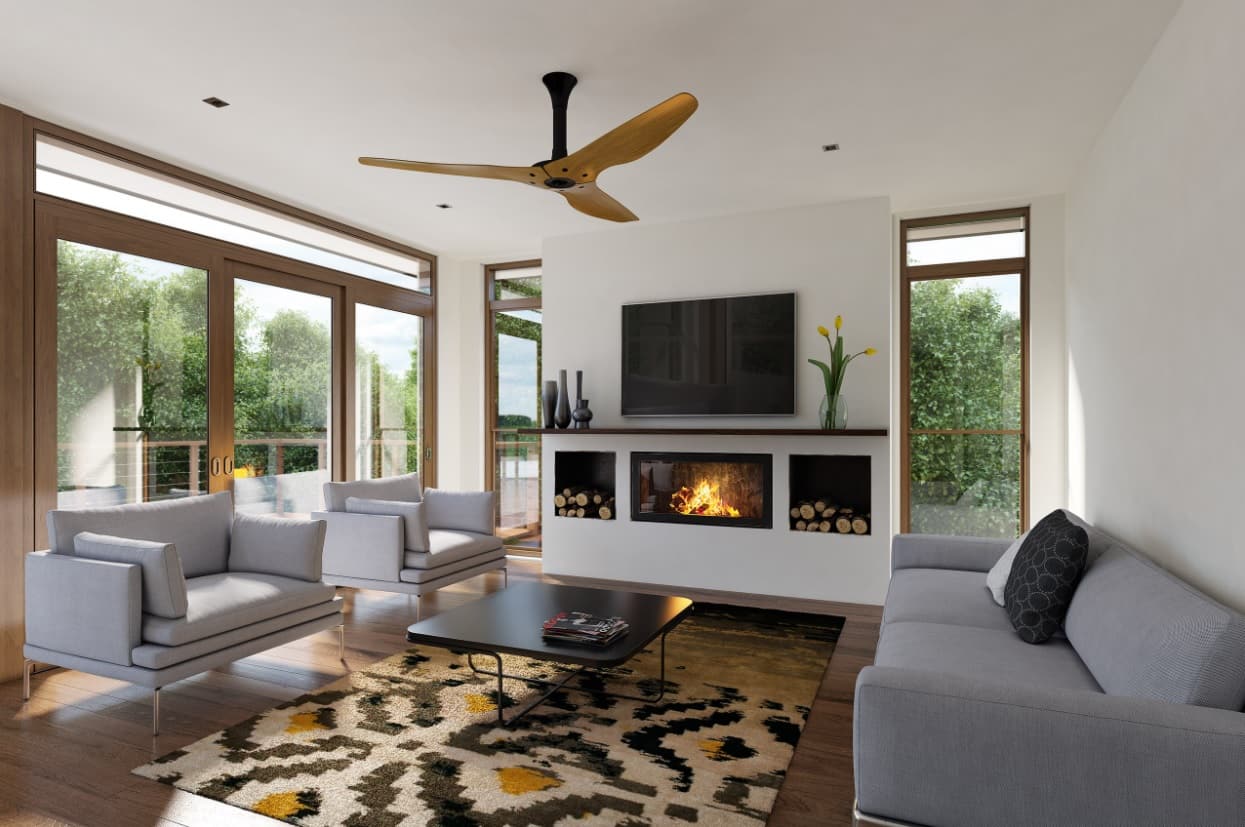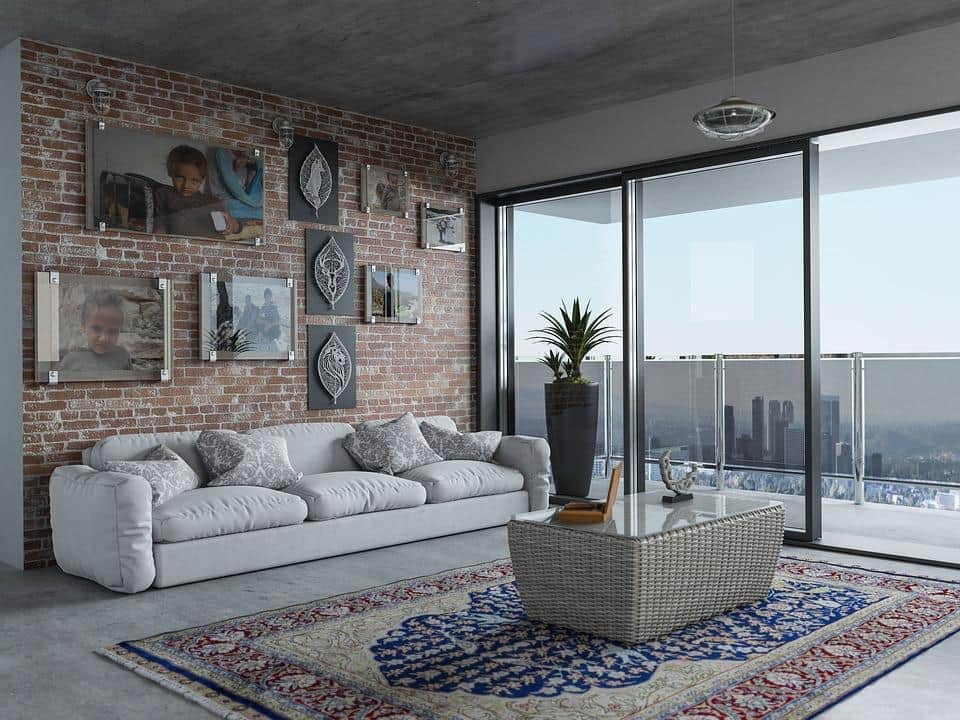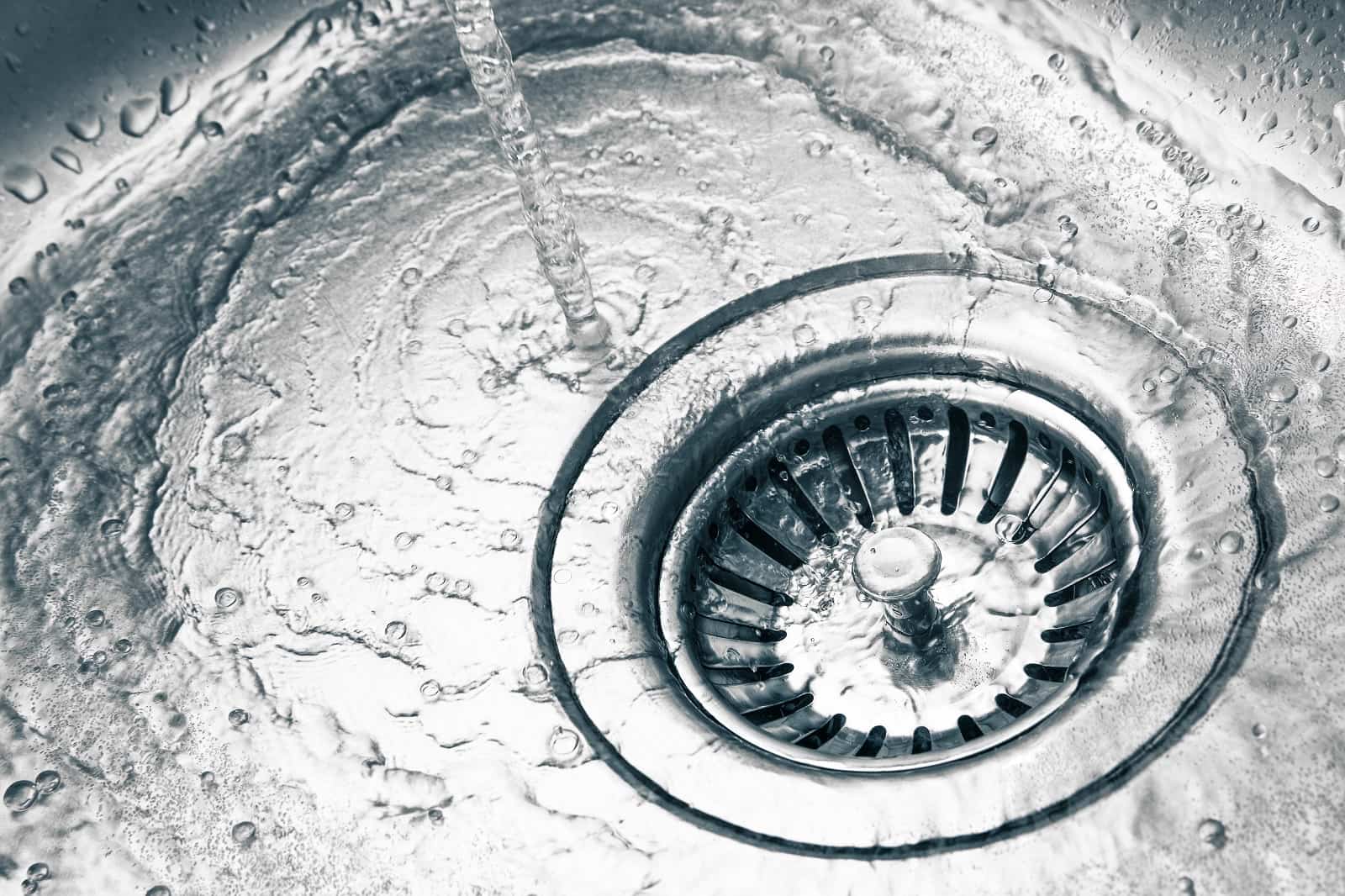Curtains, drapes with inserts can still be seen on the windows nowadays even despite the fact that style trends do not use these directions now. In this case, increasingly there are fabric roller blinds, Roman blinds, Japanese sliding panel curtains, etc.
Japanese curtains fit perfectly in modern design solutions. They maintain simplicity and elegance at the same time. They also shade the sun well. The panels have a large color variety, with a printed pattern, translucent and even patterned. The width of the panels depends on the number of strips on the rail. Varieties depend on consumer preferences and design style.
Contents:
Japanese Panel Curtains in the Interior
They are usually used as curtains on the windows in any selected room. At the same time, designers successfully introduce them not only for their intended purpose but also as doors and partitions. Japanese curtains perfectly cope with the role of doors, for example, in the dressing room or pantry. Hide inappropriate niche or isolate the workplace. Japanese curtains look beautiful on balconies, loggias, and in apartments on the arches. It is quite practical to use them on kitchen windows, especially with a balcony.
Curtain Rods for the Japanese Panels
Curtain rods for Japanese curtains are attached to the walls or ceiling and in a form of a subtle thin line. When using such constructions, installation is greatly simplified. To do this, it is enough to install rail strips, the number of which is chosen by the client. Each canvas is attached to the rail. Weighting is sewn on fabric strips. This is not required for other materials used for curtains. Manual or automatic control is made by means of a stick or the control panel.
Material for Japanese Panels
If traditional curtains are made exclusively of fabric, the Japanese panels are made from different materials. The most common material for Japanese panels is still cloth, but beyond that it can be:
- bamboo;
- reed;
- rice paper;
- rattan;
- colorful plastic.
Care for Japanese Curtains
Cleaning of curtains depends on the material from which they are made. If the strips are made of cloth, they can be washed in a machine in accordance with the recommendations from the manufacturer. In this case, be sure to untie the strings on their bottom side. You should not wait until complete drying and hang them slightly wet. Plastic panels are washed with soapy water and a soft sponge. Bamboo and rattan Japanese panels are enough to clean with a vacuum cleaner.


